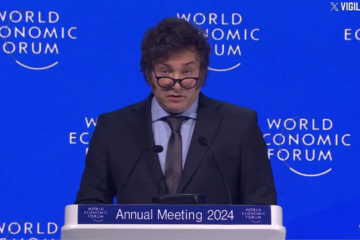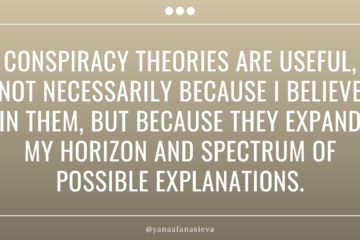Key Compliance and Related Takeaways from VivaTech 2017 in Paris
Courtesy of Pavel Afanasiev
Compliance thrives when regulatory frameworks solidify. The overwhelming majority of speakers on subjects with links to compliance (mostly in fintech, mobile payments and banking roundtables) have nodded to the idea that even if there are substantial differences in regulation of financial institutions and payment services across geographies, there is an undercurrent towards similar regulatory standards in the long-run. This happens mostly as countries borrow ideas for regulation from each other or voluntarily decide to exchange best practices.
In P2P finance, startups perceive EU regulation as more lenient than the US one. This is great news for fintech in the EU and countries that model their regulations after the EU. PSD2 was universally hailed as a very pro-consumer. To quote one of the speakers “You could literally request your bank to give you your relevant data available to them and use it to get a better rate from a different bank if you wanted to”. A different speaker roundtable remarked that the amount of consumer data that banks would have on their hands would be tremendous and hence there is no reason why consumers should not benefit from their own data. The big issue is that all of the data is more likely than not to be piled up in a paper format somewhere in a secret basement, instead of being digitalized, tagged and searchable. The worst case scenario would be when the customer asks a bank to provide them their transactional history and profile, and would get back a registered letter with 200 pages of printouts.
Big businesses are desperate to join the mobile payments market, even when they are late. The reasons are mostly demographics-related – the world will always have a new generation of customers. Moreover, there are still some geographies that remain severely underserved. Even governments are getting into the game – yes, BHIM, we are looking at you. In other words, even if you are late in one market or segment with one solution, you may still be relevant elsewhere. And where payments solutions multiply, the compliance function can add value.
Co-opetition is a thing. There was an entire segment in the first day of VivaTech about a strange mix of cooperation and competition between fintech startups and banks. While some live and breathe selling their products to banks and others fiercely competing against them, there is a middle-of-the-way emerging. Even if banks remain conservative (as they should be, by some observations), they are not blind and they realize that to stay relevant, they must be open to “docking” opportunities that fintech is amply providing them with. Something to watch.
Disconnection between quality of service and human-based processes is here. The thought that there exists a customer segment that prefers not to talk to anyone, anywhere, ever and interact exclusively with technology can seem wild, but only if you are outdated yourself. In practice, the thought does not really surprise anyone on the fintech side and people joke about the mobile adoption rates of banks and their apps as “lipstick on a pig syndrome”. Harsh. What seems weirder is that bank relationship managers in many banks still have to achieve their annual KPIs to meet the clients at least twice a year face-to-face and make sure that during those face-to-face meetings they go through the checklist and try to offer you various pension, insurance or loan products that you probably don’t need. After each of these meetings, they open their internal software and complete the questionnaire about whether they met with you, whether they asked you questions a) or b) or c) and whether they scheduled a follow up.
The future of credit is automated. When talking about P2P financing solutions, one entrepreneur described his algorithm as the technological ability to scale down from 100 loan requests to 20 and do the rest manually. The entrepreneur next to him smiled politely and said she was working on a 100% automated solution.
Voluntary online payments to avoid gambling regulations are also a thing. A funny discovery of the visit was the pitch of BeatMe that offers a solution for gamers to be compensated by peers that they play against, on a voluntary basis. Despite “compensation” being optional, they boast a 30+% compensation rate between users.
Millennials are cool. But weird. But cool. They are cool because, according to one speaker, “when you hire them when they are freshly out of school, you know, on the compliance side, that they will actually read the text”. They are weird because they expect computer-level efficiency from brands, from customer service, from everything. But that is a cool thing, because them wanting such efficiency is driving everyone forward.

 DO NOT RELY ON THE STATE TO PROVIDE PROSPERITY OR STABILITY. WHEN SOMEONE BLAMES MARKET INEFFICIENCY AND ASKS FOR MORE REGULATION,
DO NOT RELY ON THE STATE TO PROVIDE PROSPERITY OR STABILITY. WHEN SOMEONE BLAMES MARKET INEFFICIENCY AND ASKS FOR MORE REGULATION,